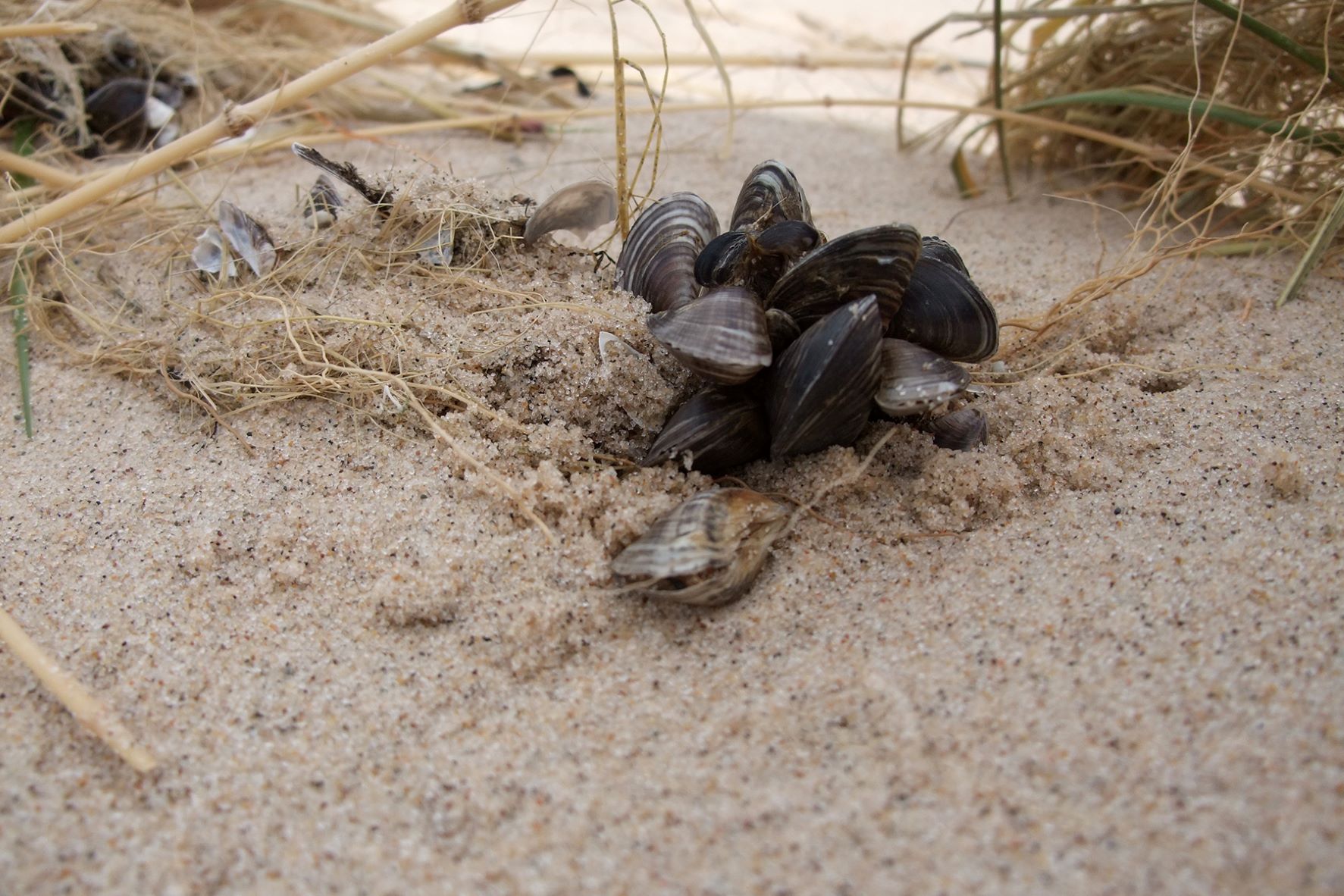Auburn University researcher co-authors study determining economic impact of invasive species in U.S. exceeds $1.2 trillion
An Auburn University researcher has co-authored a study that found the economic costs of biological invasions in the U.S. have exceeded $1.2 trillion since 1960.
The study, recently published in the journal Science of the Total Environment, determined that costs were mainly related to resource damages and losses, with 53% of costs reported from invasive species, such as wild pigs, from land habitats. Agriculture was the most impacted sector with over $500 billion in damages from mammals and insects.
“Invasive species are a pressing ecological and economic problem, both here in the U.S. and worldwide. However, the impacts of these species are often poorly understood and, as a result, underestimated,” said Jean Fantle-Lepczyk, research professor in Auburn’s School of Forestry and Wildlife Sciences and co-author of the multinational study conducted with a team of seven scientists from the U.S., Germany, France, the Czech Republic and the United Kingdom.
The objective was to raise public awareness of the economic and biological impacts of the issue to underscore the need for more decisive actions to control invasive species. Using InvaCost, a public database of the economic costs of global biological invasions, the research team compiled all published information to determine that the economic impact of invasive species within the U.S. conservatively totaled $1.22 trillion from 1960 to 2020.
Fantle-Lepczyk describes invasive species as those that were moved by humans to a new ecosystem that have begun breeding outside of the area to which they were initially introduced.
“Once established, they can cause great ecological and economic harm,” said Fantle-Lepczyk. “Costs due to invaders are likely increasing as these species establish and spread.”
Drew Kramer, professor and co-author from the Department of Integrative Biology at the University of South Florida, said, “While not all impacts of invasive species are economically quantifiable, robust estimates of their economic impacts can be a convincing way of communicating the scale of the problem to a diverse audience.”
To provide this context, the research team mobilized to create a comprehensive record of invasion costs that would highlight the necessity of invasive species management for decision-makers and the public.
“For the first time, we were able to link all published information on the economic costs of invasive species from a variety of source documents with standardized taxonomic, sectorial, regional and temporal descriptors,” said Fantle-Lepczyk. “As higher trade volumes introduce a suite of new species, and climate change facilitates the establishment and spread of already introduced species, the number of invasive species in the U.S. is increasing rapidly.”
Auburn School of Forestry and Wildlife Sciences Dean Janaki Alavalapati said the research likely will have a significant impact.
“Dr. Fantle-Lepczyk and her fellow team of researchers have addressed a critical gap in knowledge related to the economic costs associated with invasive species in the United States,” Alavalapati said.
In addition to Fantle-Lepczyk and Kramer, the research team included scientists Phillip J. Haubrock, Ross N. Cuthbert, Anna J. Turbelin, Robert Crystal-Ornelas, Christophe Diagne and Franck Courchamp.
BY GRACEN CARTER

An Auburn University-led research team found the economic impact of invasive species within the U.S. conservatively totaled $1.22 trillion from 1960 to 2020. Pictured are zebra mussels along the Lake Michigan shoreline. (Photo by Darnell Glerl, NOAA Great Lakes Environmental Research Laboratory)
Categories: Energy & the Environment, Life Sciences
Back to Articles




